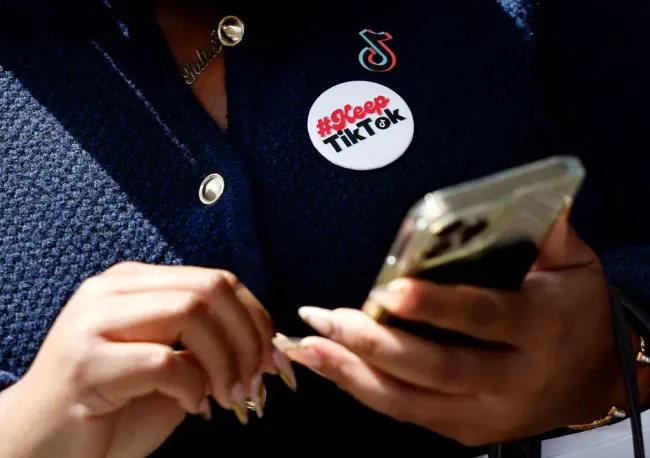TikTok Ban in the U.S.: Can You Still Use It, or Is It Game Over?
The clock is ticking for TikTok in the United States, and the stakes couldn’t be higher. With the Supreme Court set to hear arguments on January 10, 2025, the app faces a critical deadline: by January 19, TikTok must sever ties with its Chinese parent company, ByteDance, or face a nationwide ban. But what does this mean for you, the user? Can you keep scrolling, or is this the end of the road for your favorite viral videos?
What Happens if TikTok Gets Banned?
Goodbye App Stores, Hello Chaos
If the ban takes effect, TikTok will disappear from Apple’s App Store and Google Play almost instantly. New users? Out of luck. Existing users? You’ll still have the app, but without updates, it will quickly become outdated and vulnerable to glitches, crashes, and security risks.
Can You Still Use It? Maybe… For Now
If TikTok is already on your phone, it won’t vanish overnight. You’ll still be able to scroll, like, and post—for a while. But without updates, the app will deteriorate over time, like a car running on fumes. It’ll work, but not for long.
No, You Won’t Get Arrested
Rest assured, the ban targets app stores and service providers, not individual users. Using TikTok won’t land you in legal trouble, but keeping it functional might be a challenge.
Can You Outsmart the Ban?
VPNs: A Temporary Fix
A VPN might let you bypass restrictions by masking your location and accessing TikTok from a country where it’s still available. But don’t get too comfortable—TikTok could detect and block your account based on your IP or SIM card.
Sideloading: A Risky Option
Android users might consider downloading TikTok from unofficial third-party sites, but this comes with serious risks, including malware. For iPhone users, the only option would be jailbreaking your device—a move as drastic as it is risky.
The Long Game: A Grim Outlook
Even with workarounds, TikTok’s future looks bleak. Without U.S. hosting services, the app’s performance could slow dramatically. Over time, compatibility issues with newer phone software will only worsen, leaving users with a clunky and unreliable experience.
The Bigger Picture: Winners and Losers
Creators and Businesses: Caught in the Crossfire
This isn’t just about losing dance challenges—it’s about livelihoods. Millions of creators and small businesses rely on TikTok for exposure and income. While alternatives like Instagram Reels and YouTube Shorts exist, they don’t replicate TikTok’s unique appeal.
National Security or Government Overreach?
The U.S. government argues that TikTok poses a national security risk, claiming it’s a tool for Chinese data collection and propaganda. TikTok denies these allegations, but the debate raises a larger question: how far should governments go in controlling what we see and share online?
Free Speech Under Threat
With 170 million Americans using TikTok, banning the app could set a troubling precedent. Critics argue this isn’t just about one platform—it’s about free speech and who controls the digital narrative.
What’s Next? The Fight Isn’t Over
Supreme Court Showdown
The Supreme Court’s January 10 hearing could determine TikTok’s fate. President-elect Donald Trump, who opposes the ban, might intervene after his January 20 inauguration—but will it be too late?
A Possible Lifeline: Selling TikTok
TikTok could avoid the ban by selling its U.S. operations to an American company, but securing approval from the Chinese government is a steep hurdle.
The Bottom Line
A TikTok ban isn’t just about losing an app—it’s about losing a cultural phenomenon. You might find ways to keep using it, but its golden age could be over. The Supreme Court’s decision will shape not only TikTok’s future but also how we balance technology, security, and freedom in a digital world.
So, can you still use TikTok if it’s banned? For now, maybe. But should you? That’s a question only you can answer. One thing’s certain: the battle over TikTok is far from over, and its impact will ripple far beyond your For You page.
